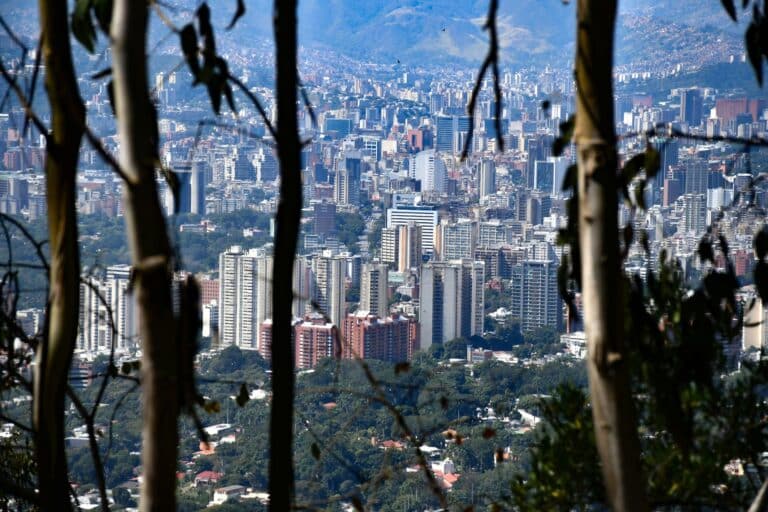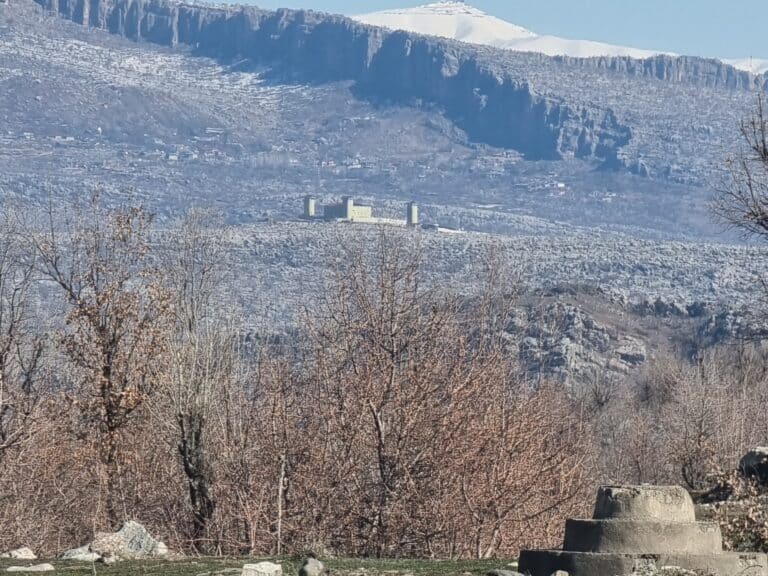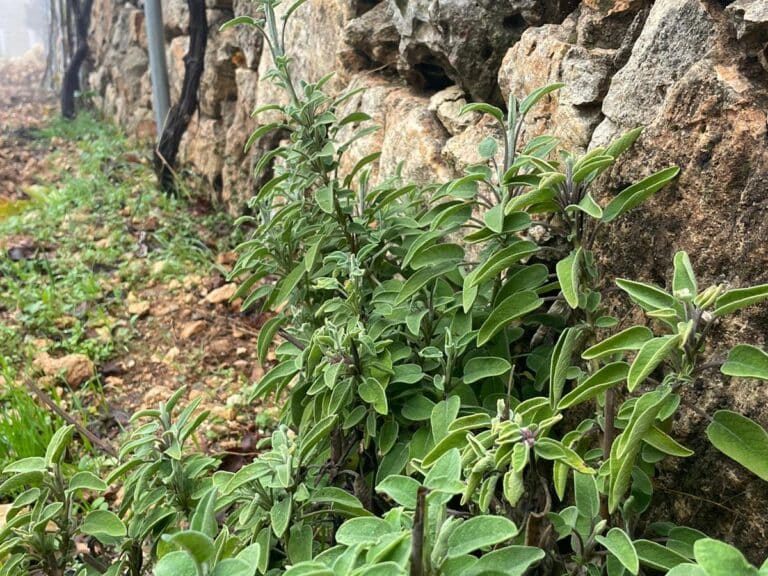Ahmed Hussain kissed his mother on the cheek before he left on April 3. He and Arif were on their way to collect some spring vegetables from the mountains of Iraqi Kurdistan. They lived in the town of Shiladze, around 30 km from the Turkish border, heading to an area with several empty villages where their families had once lived. Because of the Turkish conflict with the PKK villagers abandoned the sites two years ago.
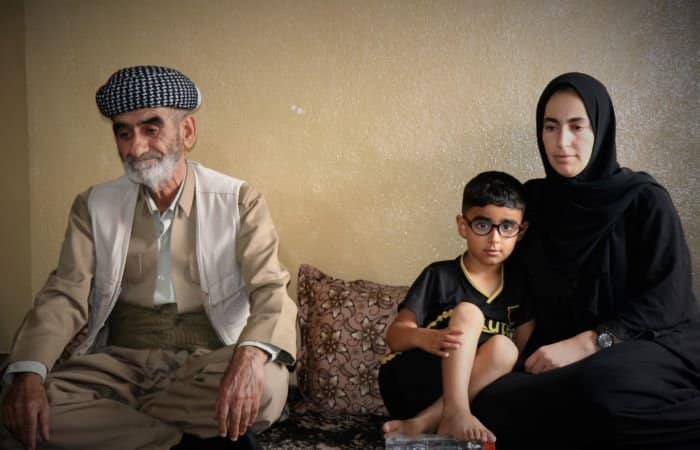
The borders of Turkey and Iraq are clearly marked, but the Turkish military makes frequent incursions over them and does not seem to distinguish guerrillas from civilians. Ahmed and Arif risked the trip back to their ancestral lands to make some money for their families to help celebrate Eid.
Their families waited nervously for their return. After six days, they finally approached the local government, sure by now that recent Turkish bombing strikes had killed their loved ones. They were told they would need special permission to search for the bodies—otherwise, they too might share the fate of their Arif and Ahmed.
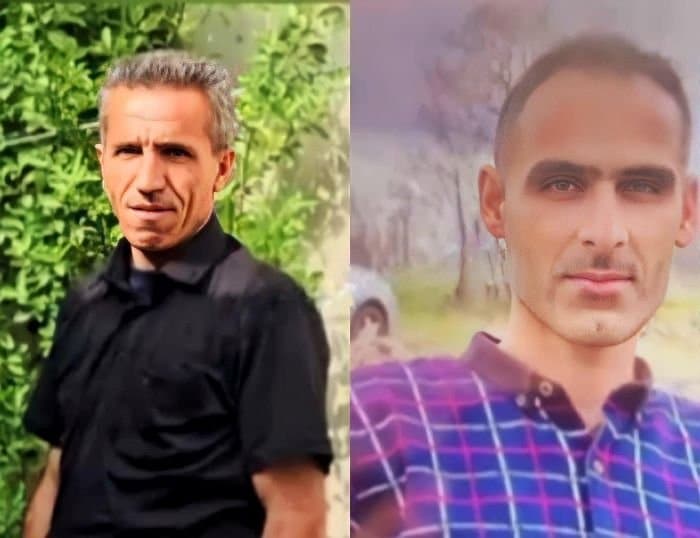
The families sought permission from the local government, who coordinated with the army. After eight days, they had permission, but they had to wait another four before the authorities allowed them to go. The government had negotiated with Turkey for 15 people to enter the area, with 12 hours to search. The military indicated where the bodies were likely to be located. Throughout the time of their search, drones circled overhead.
Within a few hours, they found the bodies of the two men 20 meters apart, near one of the abandoned villages. The two hollows in the earth showed that two separate bombs had fallen on them—probably on April 4, 2023. From the positioning of Ahmed’s body, including a finger outstretched for reciting Tashahhud, they assume he was praying when he died.
Using UHF radios, they gathered everyone on the search to carry the bodies home.
Ahmed was a Peshmerga, but his primary career was building houses. The income he made supported his parents, his wife and children. Now they struggle to find another source of income as they grieve the loss of their husband, son, and father.
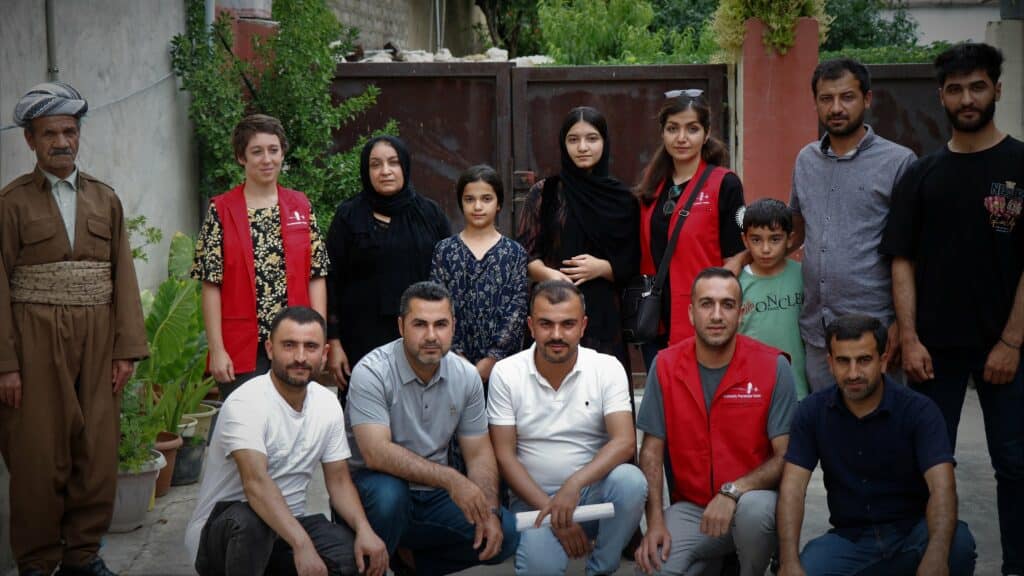
Arif Omer and his wife Hayat had 14 children. When he left, he told them he was going to the mountains and would return. “People need hope and joy in life, but we have nothing,” Arif’s brother told CPTers.
After his death, the government stopped paying Arif’s salary. Now his son must try to provide for the family.
The Turkish military killed two unarmed civilians within the Iraqi Kurdistan border while they tried to gather spring vegetables from their ancestral lands. The devastated families have no method of recourse from the Turkish or Kurdish Regional Governments, and the international community has remained largely silent.
CPT continues to condemn the attacks on civilians and is working to collect data and evidence from those affected to present to the Iraqi Central government.


